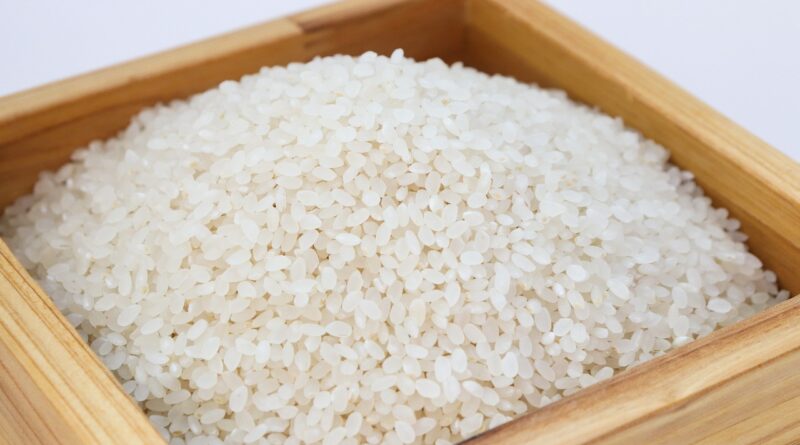Thailand replaces envoy to WTO after India lodges protests over remarks on rice procurement
By Aveek Banerjee
Thailand has replaced its Ambassador to the World Trade Organisation (WTO) Pimchanok Vonkorpon Pitfield, after India raised strong objections over her remarks on New Delhi’s rice procurement scheme, according to a top government official. The Thai envoy to WTO accused India of using subsidised rice procured for public distribution systems to capture the export market.
“The Thai Ambassador has been replaced. She has ridiculed India’s public stockholding programme,” the source said. It has been learnt that Pitfield has been asked to report back to Thailand after the 13th ministerial conference and will be replaced by the Thai Foreign Secretary.
India has expressed strong disappointment over Pitfield’s remarks during a consultation meeting on Tuesday accusing New Delhi that India’s rice procurement programme at Minimum Support Price (MSP) for the public distribution system is not for people but for capturing the export market, the official said.
Language in bad taste, says official
After the remarks, India formally registered its protest with the Thai government and has also expressed displeasure with the WTO chief Ngozi Okonjo-Iweala, agri committee chair Kenya and UAE. Indian negotiators also refused to participate in some deliberations in groups where the Thai representative was present.
The Thai government official said Pitfield’s language and behaviour were not in good taste and her remarks were wrong as only about 40 per cent of the paddy produce is procured by the government to meet food security commitments. A part of the remaining quantity, which is not procured by the government-owned agencies, is exported from India at market prices.
India has been seeking a solution to the issue of subsidy caps, calculated on prices fixed at the 1986-88 level, as it has breached the ceiling of 10 per cent of the value of production as the permitted level of support for procurement for its food programme.
India has also asked for the restoration of the appellate body of the WTO’s dispute settlement system. The US has been blocking the appointments of judges in the body since 2019, due to which the system is not working smoothly. New Delhi is pitching for finding a permanent solution to the issue of Public Stockholding (PSH) for its food security programmes and as asked developed countries engaged in distant water fishing to stop providing any kind of subsidies for 25 years.
India’s role in rice exports
India is a major player in rice exports along with Thailand. However, some nations on different forums have alleged that India’s public stockholding of commodities such as rice distorts global market prices. India was the largest rice exporting country in the world from 2018 to 2022 followed by Thailand and Vietnam.
India contributed to 40.63 per cent of rice exports across the world in 2022, exporting 22.24 million tonnes. Export of broken rice has been prohibited from September 2022 and non-basmati white rice from July 2023. India banned the export of broken and non-basmati white rice last year in view of several factors like the uncertainty around rice production and other rice-producing countries due to geopolitical scenarios, El Nino sentiments, and extreme climatic conditions to check domestic prices.
The export of basmati and parboiled non-basmati rice is continuing. At the ongoing 13th ministerial conference of the WTO, India stressed that all policy options should be available for the WTO members to pursue for promoting digital industrialisation. According to a Ministry of Commerce and Industry press release, India stressed that currently, a few firms based in developed countries dominate the global landscape of e-commerce.
India explained that there was a huge digital chasm between developed and developing countries, which makes it challenging to increase the participation of developing countries in global e-commerce.
The WTO’s 12th Ministerial Conference (MC12) was held in Switzerland’s Geneva from June 12-17, 2022. Ministers and delegates from across the world gathered in Abu Dhabi for the WTO meeting that began on February 26, to discuss and deliberate upon global trade rules.
This article has been republished from The Indiatvnews.

